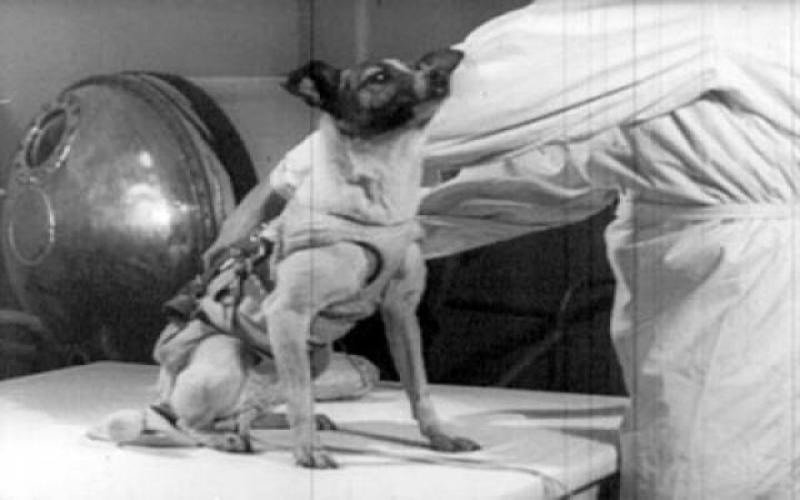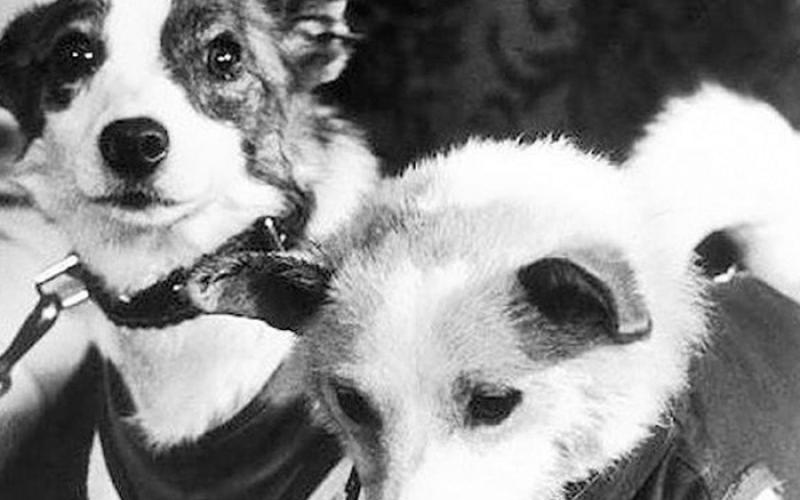Ivan Andreevich Krylov is a famous Russian fabulist. During his life he wrote about two hundred fables.
- Krylov became the founder of the fable genre in Russia.
- The famous fabulist was very fond of reading and adored books. That is why he worked in the library for 30 years.
- Krylov was born into a poor family, his parents could not give him a good education. He read books left by his father and studied on his own. Father taught Ivan the Russian language, the neighbors taught the boy French.
- Ivan Andreevich traveled a lot in Russia. He lived in Russian cities and villages. So Krylov was looking for his inspiration. He studied the life of ordinary people, carefully noticed the traditions and customs.
- Krylov never married.
- There is a rumor that Ivan Andreevich Krylov had a daughter, Alexandra, whom he placed in a boarding school, loved her very much. Krylov married her off with a large dowry, and also, leaving her the rights to all his fables.
- Ivan Andreevich liked to eat delicious food. Perhaps overeating was the cause of his death.
- Indeed, Ivan Andreevich had many health problems due to his gluttony, but the main cause of his death was bilateral pneumonia.

- Krylov wrote two fables that are dedicated to Napoleon Bonaparte. These are the fables "The Cat and the Pike" and "The Dog in the Kennel". In them, he compared Napoleon to a cat and a dog, emphasizing his cunning and courage, but blaming his inability to calculate his strength.
- There is a known case when Krylov was late for dinner. To teach the fabulist a lesson, the owner of the house served him a huge portion of pasta, which even two men would not eat. However, Ivan Andreevich was able to eat such a huge portion, which surprised the guests and the owner of the house very much.
- After dinner, Andrei Ivanovich Krylov liked to sleep. Therefore, friends never bothered at this time, and if they invited him to dinner, they always left a place for the fabulist to sleep.
- The fabulist liked to spend time on the sofa, on which he could lie and rest for hours.
- Krylov was a very complete person. Due to his appearance, Krylov was considered thick-skinned and insensitive. But, in fact, it was not so. The fabulist was sensitive and attentive to the world around him.

- Fables: "Elephant and Pug", "Monkey and Mirror", "Monkey and Glasses", "Dragonfly and Ant" - brought Ivan Andreevich Krylov the greatest fame and popularity. Krylov ridiculed the stupidity of people, representing them in the form of animals. This amused readers, they laughed at others, but did not find negative traits in themselves.
- Krylov cried when he received some kind of award.
- Ivan Andreevich liked to play cards for money.
- In his youth, Krylov often participated in fisticuffs. Due to his strong physique, he often defeated even very strong men.
- Krylov did not like to change clothes and comb his hair. He was untidy. Only in old age did he begin to carefully monitor his appearance.
- It is believed that Krylov was the prototype of the protagonist of Goncharov's novel Oblomov.
- Krylov considered his favorite fable to be "The Stream".
- Krylov loved tobacco. He sniffed, smoked and chewed it.
- The famous fabulist loved fires. When a fire broke out somewhere, Krylov went to this place and watched the fire.
- Krylov's fables were subject to strict censorship. But this did not stop the young fabulist, patience and work helped him achieve fame and worldwide recognition.

- Krylov replenished the Imperial Public Library with a significant number of old books.
- Ivan Andreevich compiled a Slavic-Russian dictionary.
- Many people tried to offend the fabulist for his gluttony and fullness. But Krylov accepted criticism with indifference and caustically answered his offenders.
- Krylov began working at the age of eleven, as his father died at that age.
- Ivan Andreevich was fond of cockfights.
- Due to fullness and health problems, doctors recommended Krylov to walk daily.
- In the fable "The Dragonfly and the Ant" it is said that the dragonfly "sang the red summer." But everyone knows that dragonflies do not make any sounds. During the years of Krylov's life, the word "dragonfly" denoted several types of insects at once. In the presentation of Aesop, the main character of the fable is a cicada, which Ivan Andreevich turned into a dragonfly.
- Friends and acquaintances of Ivan Andreevich Krylov said that in the fabulist's house a picture hung over the sofa, it was suspended as if it were about to fall. His friends asked to hang the picture so that it would not fall on Krylov's head. But he just laughed at them. And, indeed, the picture hung the same way after the death of the writer.
- Ivan Andreevich Krylov bequeathed to distribute to his close friends a copy of the book with his fables.

- More than 30 cities in Russia have a street named after Krylov.
- Monuments to the great fabulist are located in Moscow and St. Petersburg.
- In the cities: St. Petersburg, Omsk and Yaroslavl, there are libraries named after Krylov.
- Krylov's fables have been set to music by many composers.
- In 1825, Krylov's fables were first published in a foreign language. This was done by Count Orlov in Paris. He published a two-volume collection of Ivan Andreevich's fables in three languages: French, Italian and Russian.
- In 1994, the Bank of Russia issued a coin with a face value of 2 rubles, dedicated to the 225th anniversary of the birth of Ivan Andreevich Krylov.
- At Krylov's funeral, Count Orlov carried the coffin.
- Krylov knew Italian and could play the violin.
- Ivan Andreevich was the teacher of the children of Prince Golitsyn.
- The imperial family was sympathetic to Krylov. He received recognition and privileges from the emperor during his lifetime. Ivan Andreevich was buried in the Alexander Nevsky Lavra, which was a necropolis for statesmen and artists.
- It is estimated that Krylov wrote 236 fables. He took the plots of some from the fables of famous ancient Greek fabulists, such as Aesop.








